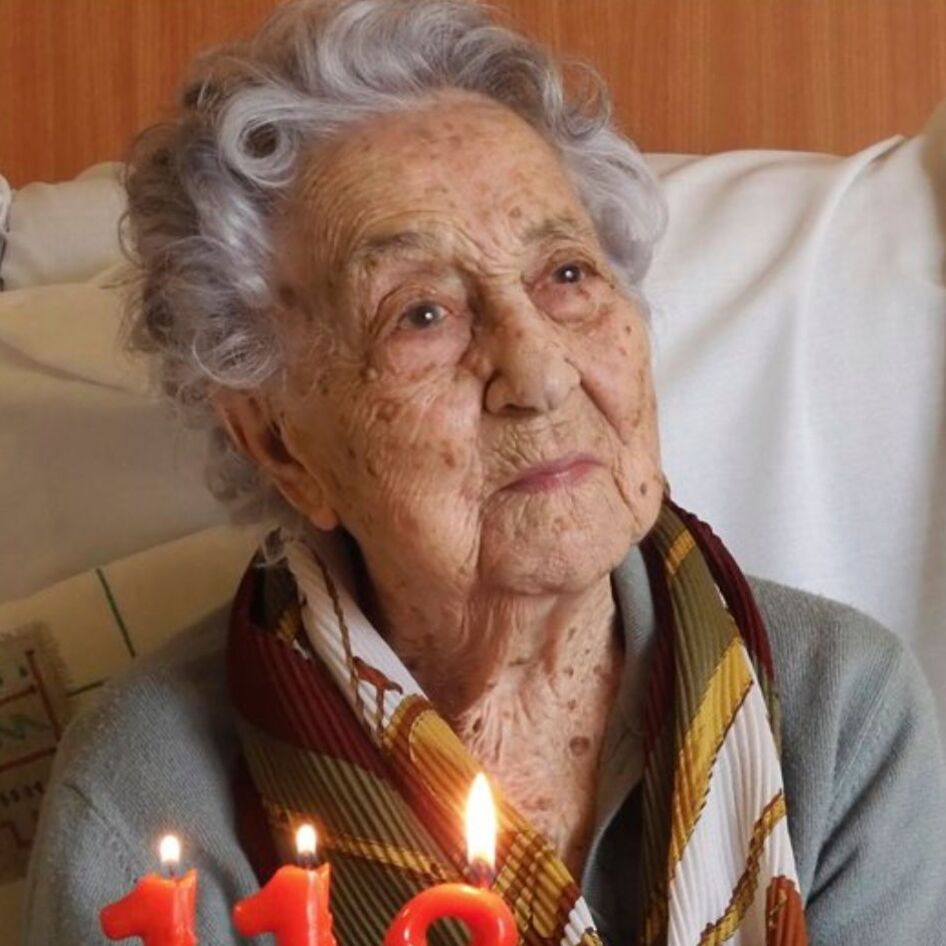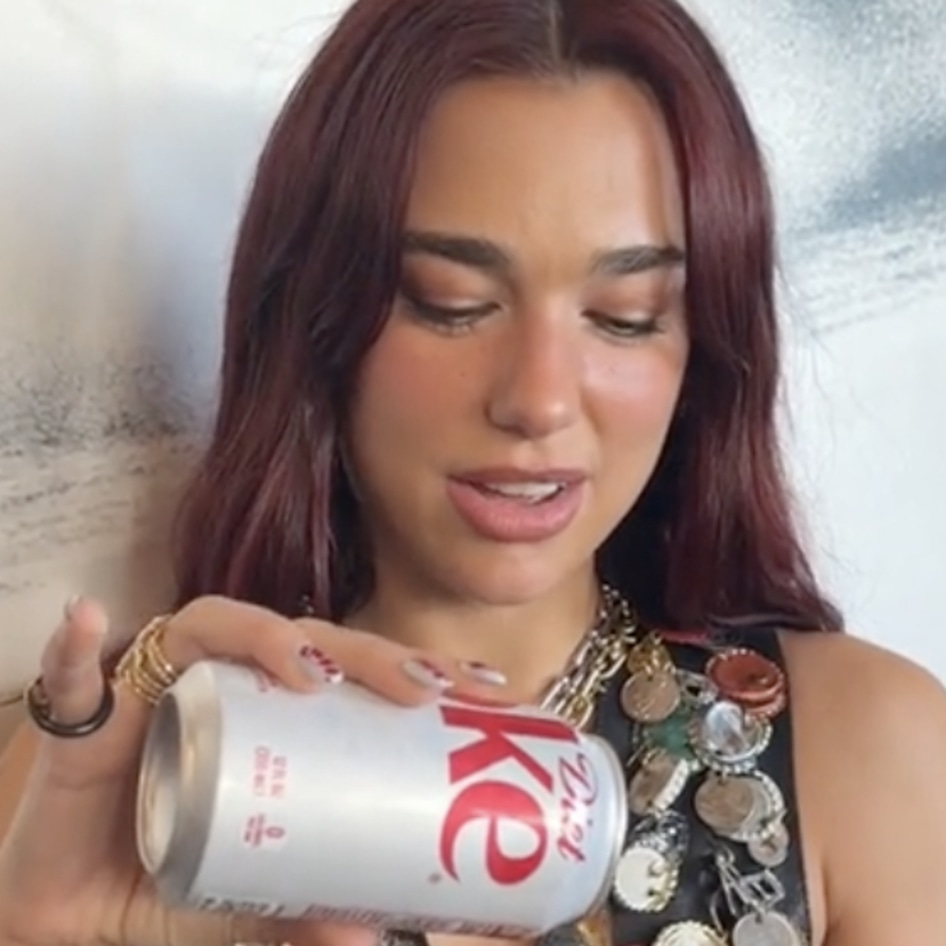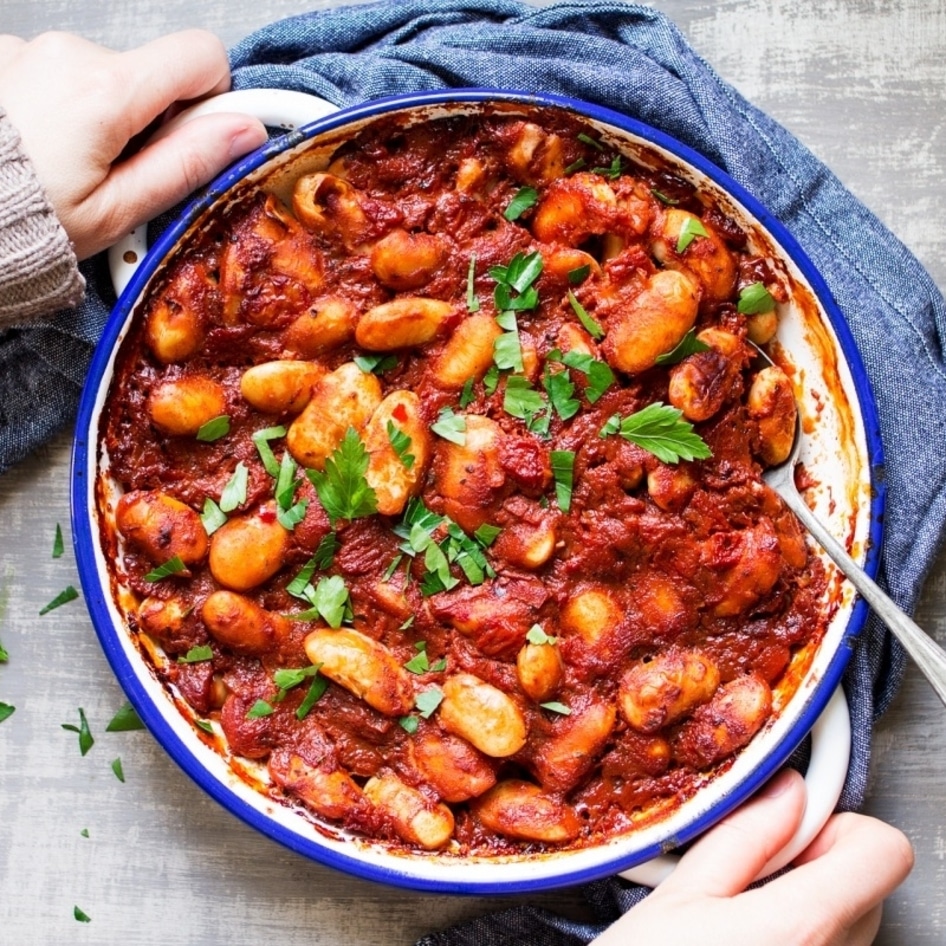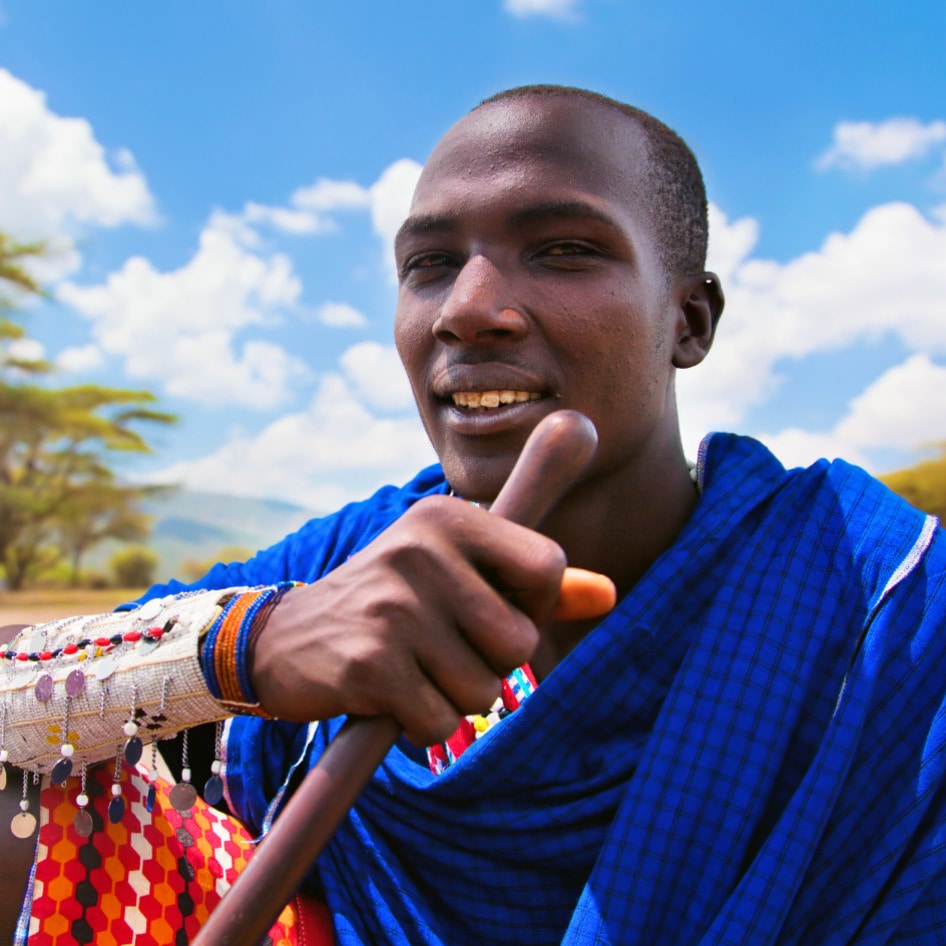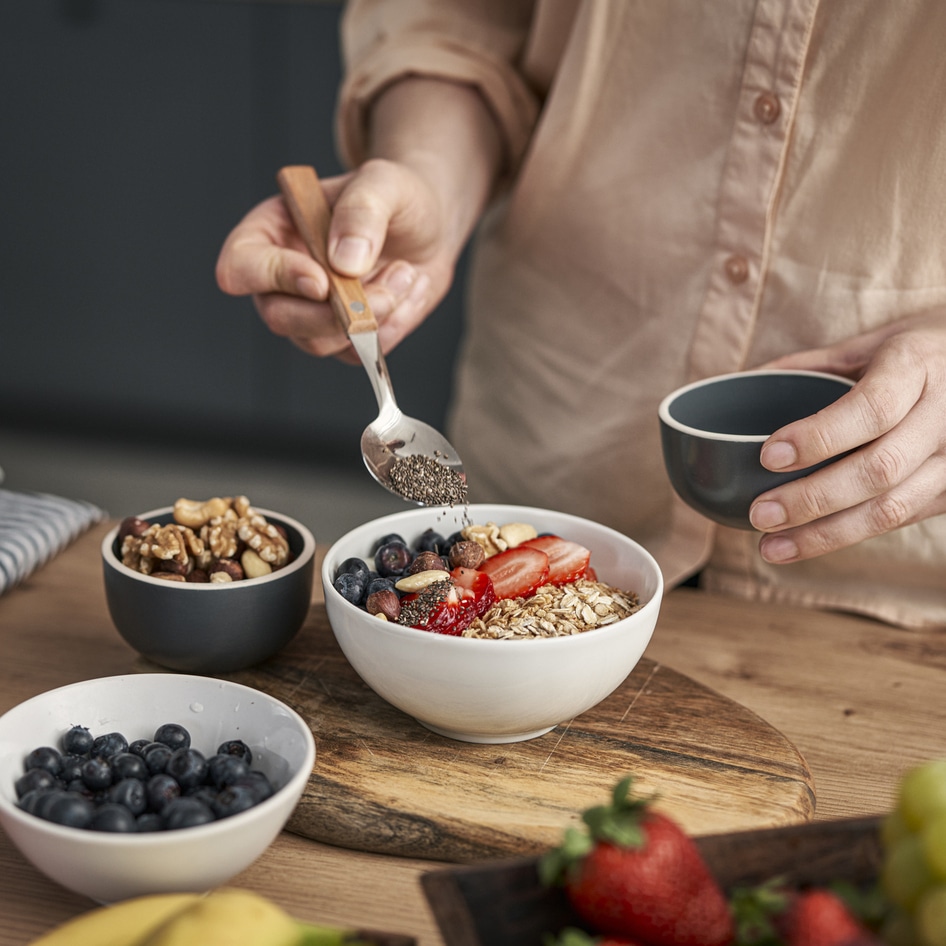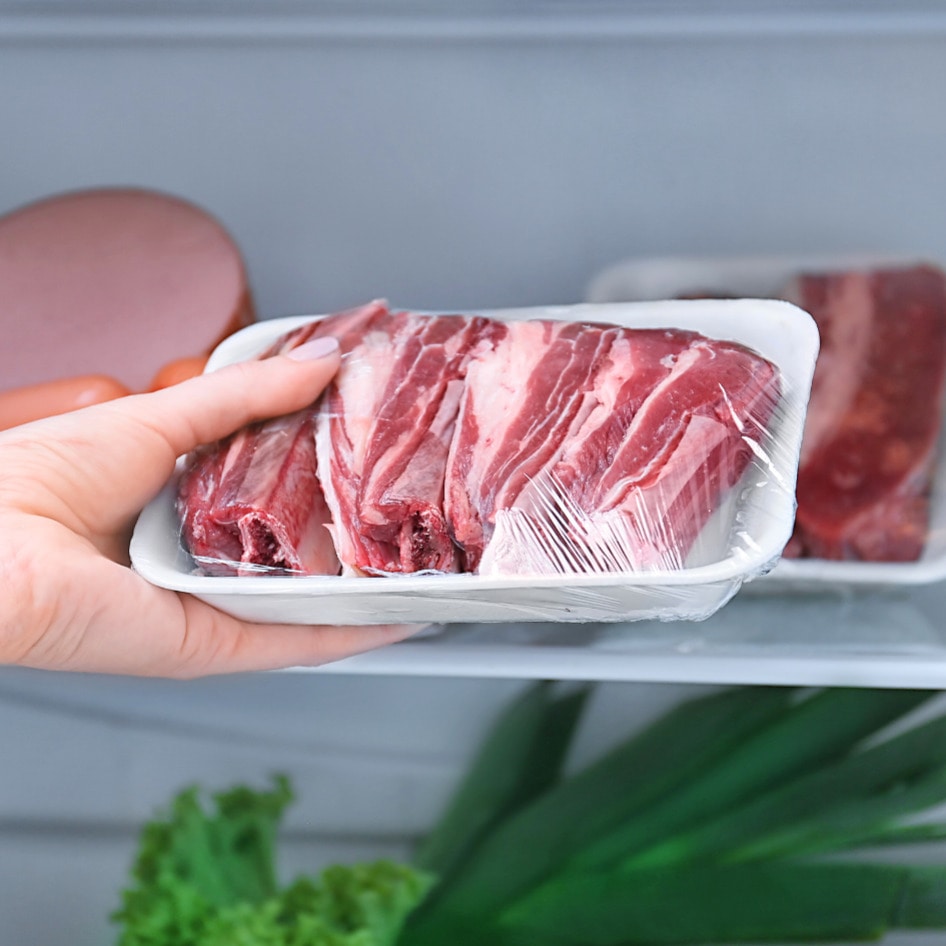In August, one TikTok user, who goes by the name of Dayi, posted a video of himself enjoying a breakfast of tomatoes, cucumbers, and peppers, all eaten raw and dipped in salt. The video promptly went viral, inspiring hundreds of TikTokers to post their own takes on a “traditional Balkan breakfast.”
For example, in one video that has racked up two million views, TikToker Anna Antonje munches her way through raw onions, carrots, cheese, peppers, cucumbers, salt, and what appears to be pindjur, a traditional Balkan dip made with roasted tomatoes and red peppers.
However, users were quick to comment that Antonje’s take on a “Balkan breakfast” isn’t entirely authentic. “That is not Balkan breakfast, that is Balkan dad breakfast,” commented one user. Another added: “We are very far from eating like this.”
Home to the Balkan Mountains, the Balkans are an area in Southeastern Europe comprising several countries, including Albania, Bosnia and Herzegovina, Bulgaria, Greece, Kosovo, and Montenegro. Culinary traditions, including breakfast choices, vary from country to country.
In Bulgaria, for example, one traditional breakfast option is an egg-based pastry called banitsa, while in Greece, the first meal of the day often consists of yogurt, pastries, fruits, and bread. In Montenegro, cicvara, a type of porridge made with cornstarch and cottage cheese, is a popular choice.
While TikTok’s trend might be a significant generalization, it isn’t completely off the mark. Balkan diets tend to follow a Mediterranean dietary pattern and are rich in plant-based foods, including the many fruits and vegetables seen in the trending videos.
This means that the popular “Balkan breakfast” trend does come with some health benefits, although there are a few things you need to be aware of before you start munching on raw salt-dipped vegetables for breakfast.
 Anna Antonje
Anna Antonje
The health benefits of TikTok’s ‘Balkan breakfast’ trend
Out of the 11 countries that make up the Balkans, seven—including Greece, Albania, Croatia, and Slovenia—are also considered to be Mediterranean. In this region, diets tend to be high in whole foods, like greens, beans, and fresh fruits, which are rich in important nutrients like vitamins, minerals, antioxidants, and fiber, and because of that, they are considered to be among the healthiest in the world.
Earlier this year, for example, The US News & World Report released its annual list of the healthiest diets, and the Mediterranean diet was number one for the seventh year in a row.
“The Mediterranean diet focuses on diet quality rather than a single nutrient or food group,” noted the publication at the time, which compiled its list with the help of more than 40 nationally recognized dietitians. “Numerous studies have shown that it reduces the risk of chronic health conditions, including heart disease and type 2 diabetes while promoting longevity and improving quality of life.”
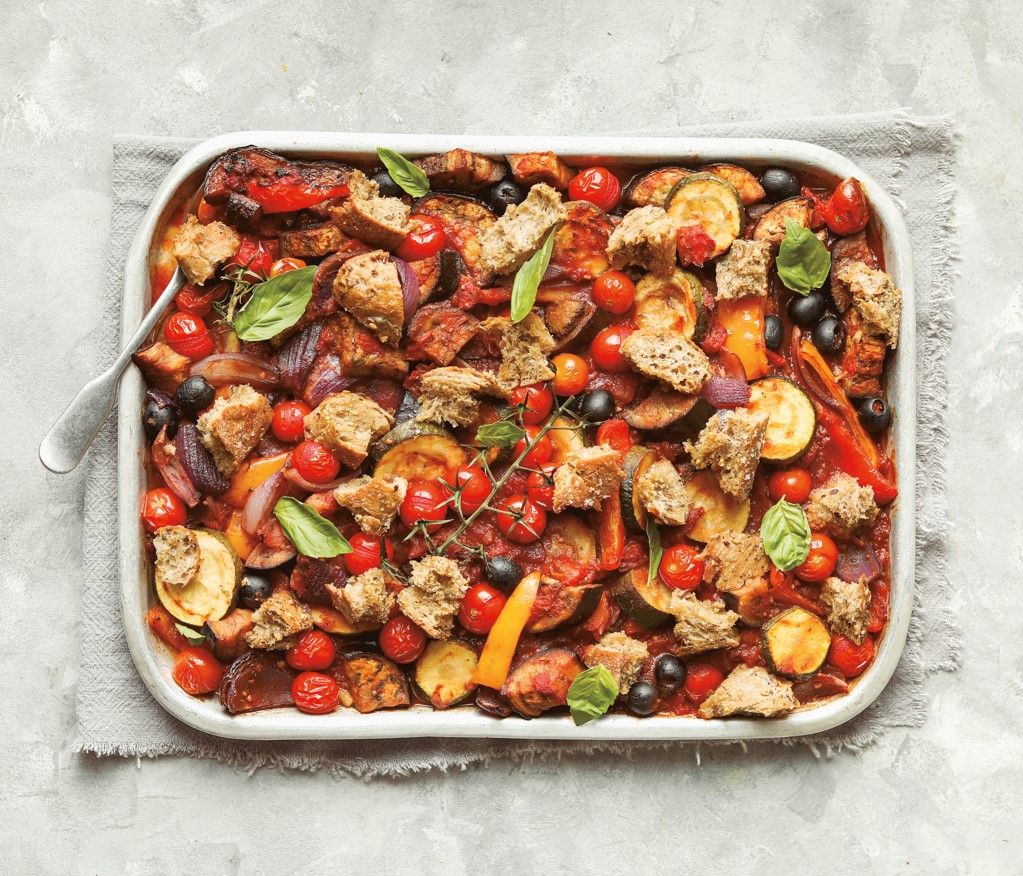 Luce Hosier
Luce Hosier
BECOME A VEGNEWS VIP: Get exclusive product deals, freebies, and perks galore!
In the world’s Blue Zones, which are five longevity hotspots where research shows people tend to live healthier, longer lives than many in the US, many also tend to follow a very similar eating pattern to those in the Mediterranean. Their diets are high in whole foods and low in foods like red meat and ultra-processed snacks.
In the US, however, the Standard American Diet (SAD), which is also known as the Western Pattern Diet, diets tend to be high in saturated fat, refined sugar, red meat, and pre-packaged snacks. In 2021, the results of one study from the NYU School of Global Public Health that measured ultra-processed food consumption for nearly two decades were published. It suggested that by 2018, nearly 60 percent of calories were coming from ultra-processed foods for most people.
“The overall composition of the average US diet has shifted towards a more processed diet. This is concerning, as eating more ultra-processed foods is associated with poor diet quality and higher risk of several chronic diseases. The high and increasing consumption of ultra-processed foods in the 21st century may be a key driver of the obesity epidemic.” —Filippa Juul, a postdoctoral fellow at NYU School of Public Health and the study’s lead author, in a statement
This is why many dietitians are happy to see healthier choices trending on TikTok, including the “Balkan breakfast” trend.
“The Balkan breakfast trend is a really great example of how cultural food traditions around the world can provide variety and nutrition to our diet,” Kelly LeBlanc, RD told TODAY. “It’s a great reminder that breakfast around the world doesn’t always look like what Americans think of as breakfast.”
In the US, bacon and eggs are a popular breakfast staple, for example. But bacon is a processed meat, and its regular consumption is associated with an increased risk of chronic diseases, including cancer and heart disease.
Some of the trending TikTok “Balkan breakfast” videos also feature cured meats (which are also popular in many Balkan countries) and lots of salt, however, which isn’t so healthy, adds LeBlanc. “I would hope that people who are trying to make their own Balkan breakfast don’t suddenly start eating more cured meats than they used to,” she said.
For more on how to follow a healthy, plant-forward Mediterranean diet, you can find delicious recipe inspiration and guidance here.
For more plant-based stories like this, read:
JUMP TO ... Latest News | Recipes | Guides | Health | Subscribe



